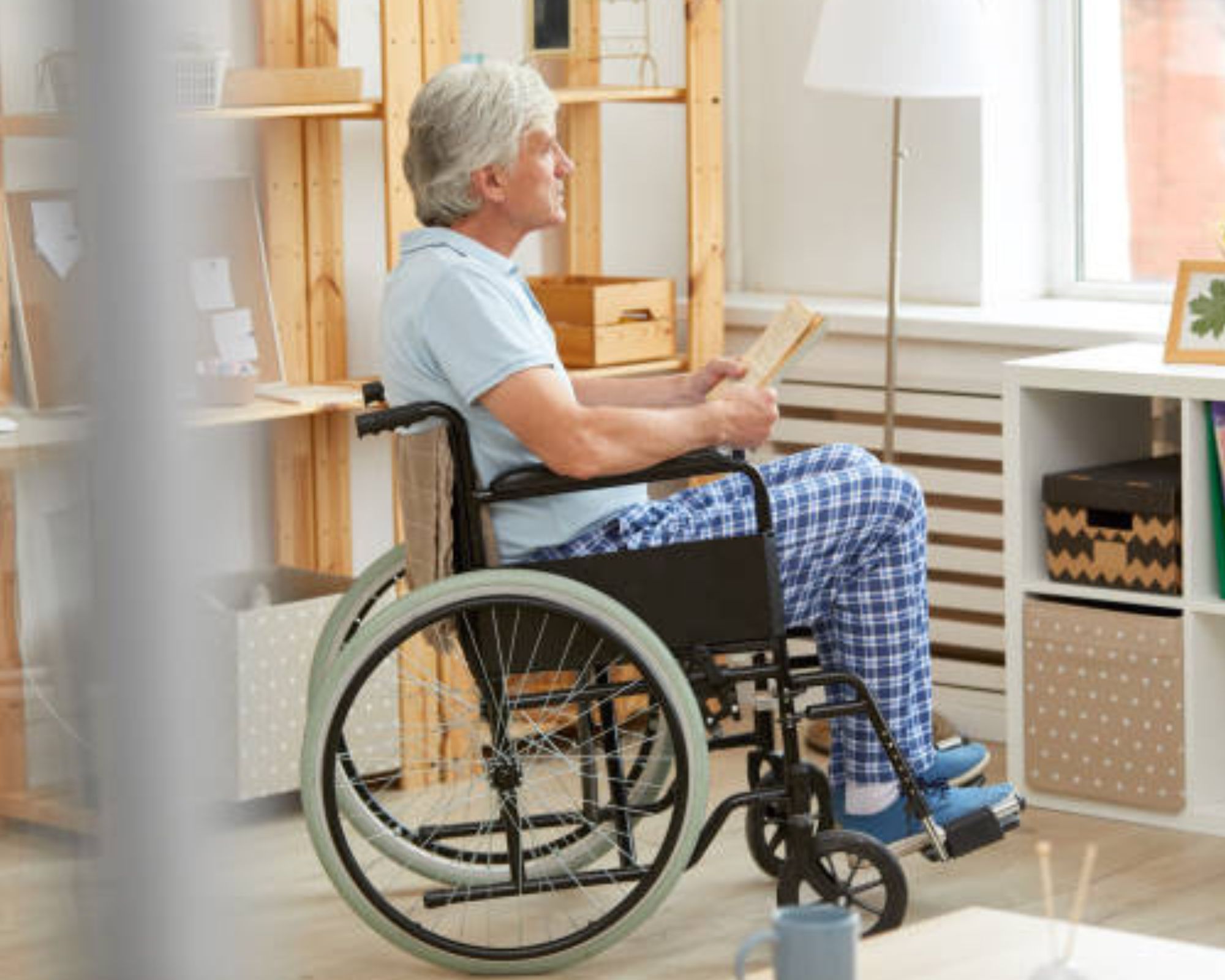The Importance Of Personalized Care
Personalized care in assisted living facilities helps cater to the specific needs of seniors. These services often include help with daily activities such as bathing, dressing, and medication management. Personalized care ensures seniors feel comfortable and supported, contributing to a better quality of life. One example of such tailored care services can be found in assisted living in Saint Petersburg, FL, where individualized care plans are a cornerstone of their service model. Personalized care plans can significantly improve seniors’ mental and physical well-being. Caregivers who are aware of residents’ unique preferences and health requirements can have a significant impact. This method enables greater customization, promoting dignity and respect for older people. In turn, this leads to increased satisfaction and happiness. The facility’s staff collaborates with residents to thoroughly comprehend their needs and preferences, creating a customized care plan that enhances their quality of life.
Social Interaction And Community
Being a part of a community is crucial for emotional and psychological health. Assisted living facilities often organize various activities and events that encourage socialization. It helps combat loneliness and depression, which are common issues among older people. Research from the National Institute on Aging shows that social interaction can positively impact the health of seniors, reducing symptoms of anxiety and depression. Social activities such as group exercises, book clubs, and art classes provide seniors with multiple avenues to engage and connect with their peers. This sense of belonging and community supports emotional wellness and provides a fulfilling lifestyle. Regular interaction with others helps maintain cognitive function and reduces the feeling of isolation. These social events are designed to cater to various interests, ensuring that every resident finds something enjoyable to participate in.
Access To Health And Wellness Programs
Many assisted living communities offer various health and wellness programs to promote physical fitness and mental well-being. These programs may include fitness classes, nutritional guidance, and wellness checks. Regular exercise and proper nutrition can enhance mobility and cognitive function, making daily life more enjoyable for seniors. Wellness programs often extend beyond physical health, incorporating mental and emotional health. Mindfulness exercises, meditation classes, and cognitive games are some tools to maintain overall well-being. Customized workout routines can significantly decrease the likelihood of long-term ailments like cardiovascular issues and diabetes. Moreover, nutritional programs educate residents on healthier food choices, improving their overall health outcomes.
Convenient Amenities
Assisted living facilities offer services intended to simplify and enhance daily living. These include libraries, gardens, fitness centers, and communal dining areas. Such amenities provide comfort and encourage active engagement and social interaction among residents. Access to these amenities ensures seniors have everything they need within arm’s reach, reducing the stress and effort required for daily tasks and allowing them to focus more on enjoying their day-to-day lives. Libraries offer a quiet place for reading and reflection, while communal dining areas allow socializing over meals. Gardening areas enable residents to engage in a fulfilling hobby, promoting physical activity.
Safety And Security
One of the primary concerns for families is the safety of their elderly loved ones. Assisted living communities are designed with safety, offering features such as secure entrances, emergency alert systems, and 24-hour staff availability. They allow seniors to live independently while ensuring they are safe and well-cared for. Safety measures are continually updated to meet the highest standards, providing families with peace of mind. Routine checks and on-site staff ensure that emergencies are handled efficiently and promptly. Emergency alert systems offer a direct line to caregivers, providing immediate response in case of mishaps. This 24/7 security framework makes assisted living facilities some of the safest environments for seniors.
Peace Of Mind For Family Members
Assisted living facilities maintain open lines of communication with families, offering regular updates on residents’ well-being. This transparency helps build trust and allows family members to feel involved in the care process. Family members often experience a significant reduction in stress and anxiety, knowing that professionals are always available to provide the necessary care and support. Regular updates via phone calls, emails, and meetings keep family members informed and involved, ensuring they are always up-to-date on their loved one’s health and well-being. Open communication also enables family members to provide valuable input into the care plans, ensuring everyone is on the same page.
Tailoring Activities To Individual Interests
Seniors in assisted living can participate in activities that align with their interests, whether painting, gardening, or attending book clubs. By offering a variety of activities, residents are more likely to find something they love, making each day more enjoyable. Tailored schedules give seniors a sense of purpose and accomplishment, enhancing their overall quality of life.
Financial Considerations
Cost is often a significant factor when considering assisted living. It is essential to evaluate the value of the services and amenities provided. Many facilities offer various payment plans and financial options to make family decisions easier. Being well-informed can help families choose the best option that fits their budget while meeting the needs of their loved ones. Understanding the available financial aid and payment structures can make a significant difference when planning long-term care. Families can consult with financial advisors specialized in elder care to explore different options, including long-term care insurance and government programs that may assist in covering costs.
